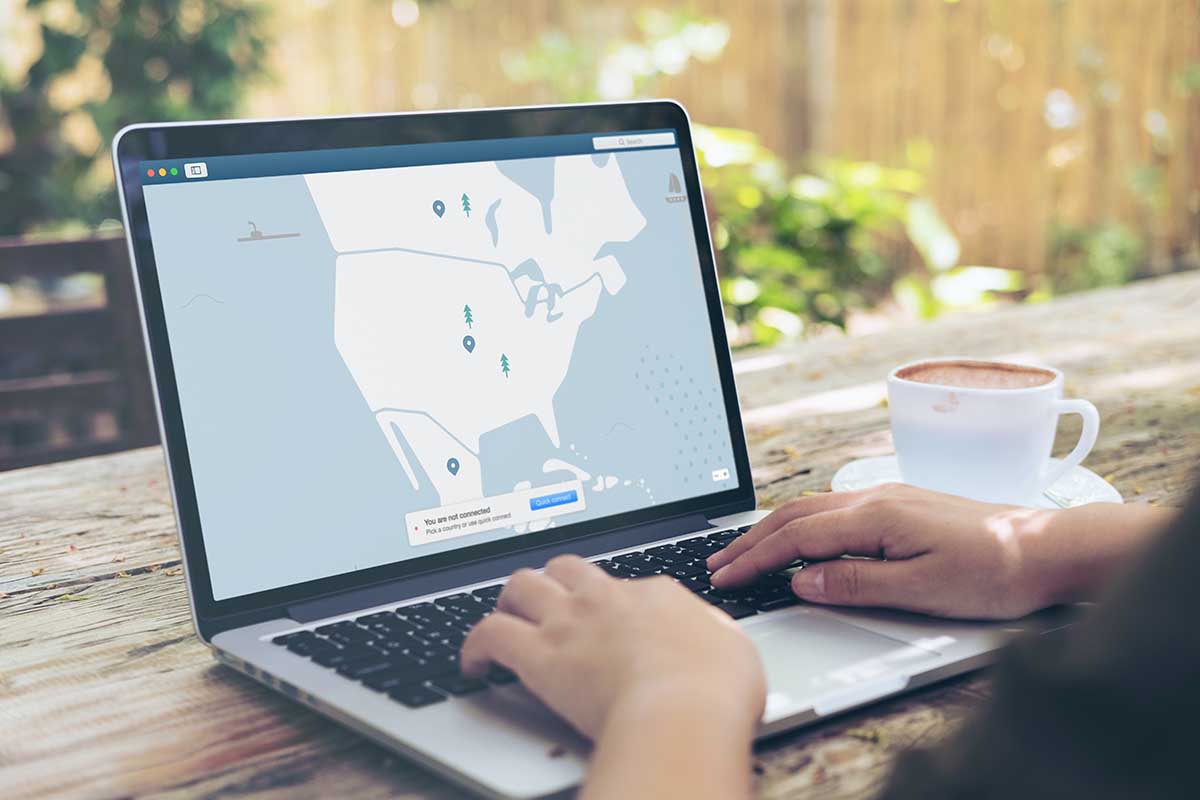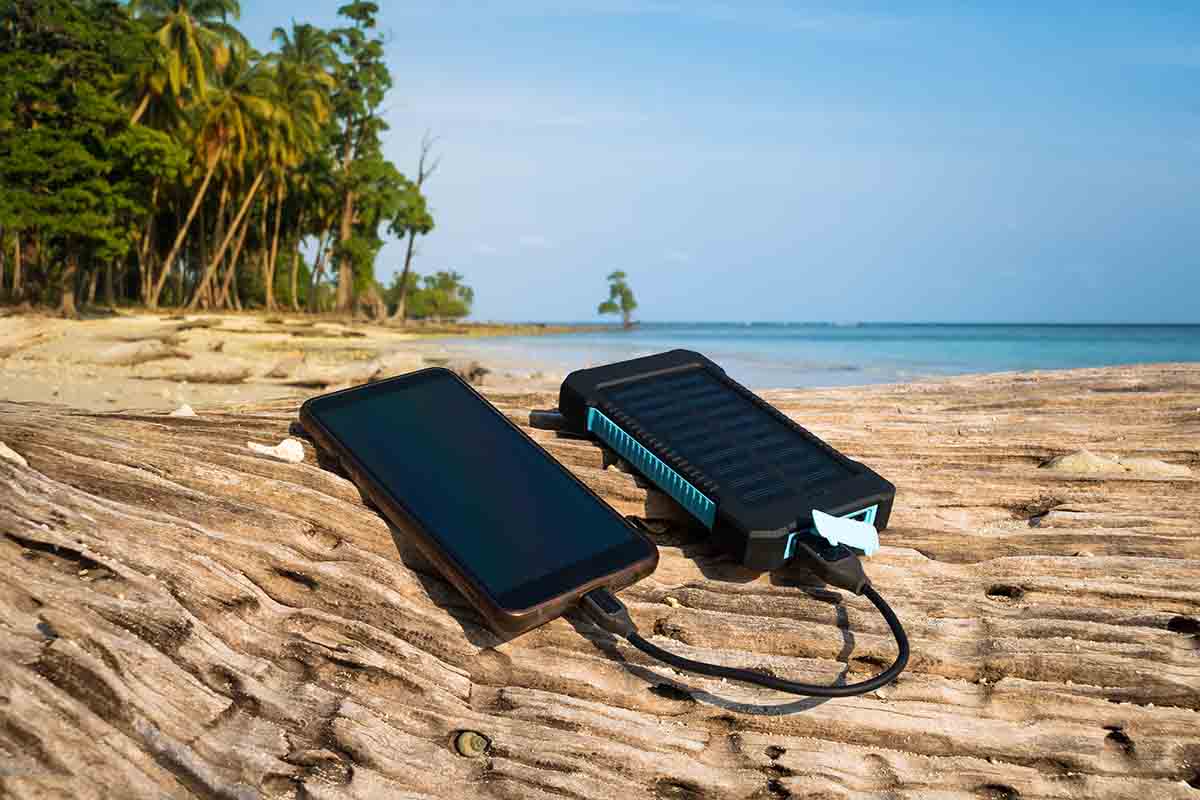Essential Rules For Safely Navigating The Internet
In the past, the worst thing that could happen while browsing the internet was your screen freezing or downloading a virus onto your computer. But with our increasing reliance on all things digital, compromised security is now a much more severe issue. It pays, therefore, to stay safe. But how do you keep your browsing activity secure while you’re online? That’s what we discuss in the following post. Read on to learn more.
Watch What You Say
Most internet security professionals recommend that you avoid making any publicly-visible statements online. While sites such as Twitter and Facebook allow you to remove posts, they can’t stop other people from making copies of them and distributing them later. For absolute security, use a fake account. Alternatively, do not post at all. Any information you do provide could be used against you.
Only Buy From Secure Sites
Before making any online purchases, ensure that you only buy from secure sites. There are two main ways to tell whether a site is certain: the quality of the brand and the little padlock symbol in the top left of the URL bar. The padlock means that your browser encrypts all information you are sending to the third-party server, making it impossible for hackers to capture personal information, such as credit card details, in transit.
Make Passwords Unguessable
Even today, most people are still using insecure passwords to log in to their online accounts. In today’s environment, “password123” is no longer good enough (if it ever was).
Login dot guide has plenty of information on safely logging in to third-party websites and apps. This way, you can find out which of your accounts are secure – and which you need to change.
Switch On Your Privacy Settings
Most apps, like Facebook, offer users viable privacy options. These make it much harder for people to track you or find out about you online.
Both operating systems and web browsers have privacy settings too. To give yourself the most protection, you’ll want to use both. Carefully read through all the stages. Most OS and browser vendors explain what each setting means. Click here for more information about internet browsers.
Use A VPN
Connecting to the internet directly from your local IP is generally entirely secure. However, it still doesn’t provide you with total privacy. Unfortunately, your ISP can still see precisely what you’re doing online. And that puts your security at risk. Use a virtual private network (VPN) to get around this problem. These route your internet connection via multiple servers, making it virtually impossible for your ISP or anyone else to identify you.
Avoid Downloading Anything From Unknown Website Or Email Senders
Downloads are a major risk. They can contain viruses that compromise your computer’s defenses. If you receive an email from an unknown sender, don’t open it. If you do, don’t download any attachments. Similarly, if you are going to a website for the first time and don’t know anything about it, don’t download any files. Instead, look for alternatives.



















